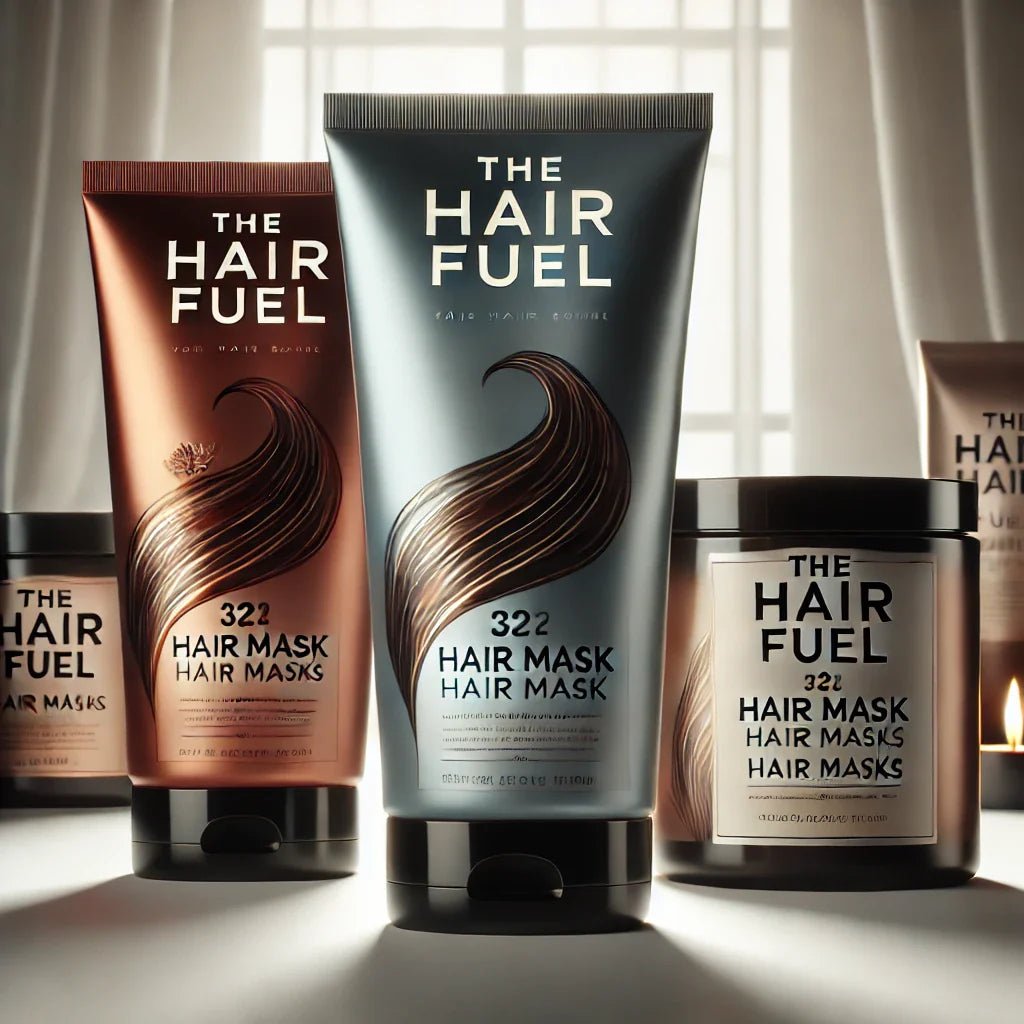Swimming in the ocean provides a number of benefits to your physical and mental well-being. But for your hair, the activity can be a double-edged sword, because the effect of seawater highly depends on your hair type and the current condition of your strands.
Cosmetic manufacturers sell us beachy waves in a bottled form during wintertime, but with summer holidays upon us – we can get the real deal out on the actual beach.
The impact of salt in sea water is not black & white though. There are some benefits from the exposure to seawater for hair, but in order to protect from its negative effects: namely dryness and brittleness, there are a few precautions you can take.

Saltwater in hair creates beachy waves
Sea water, aside from the actual water, contains chloride, sodium, magnesium, sulphate, calcium, and other elements. Your hair is comprised of keratinous protein with cross links that hold that protein making the shape which is effectively – your hair.
The cross-links are three-dimensional binds formed by covalent bonds between adjacent amino acids (proteins). In turn, salt – or sodium chloride and magnesium sulphate (both elements present in the seawater) create extra cross-links within your hair strand, which curls and curves it, thus putting the “waves” in your beach waves.

Now that we’ve got the mechanics of your beauty waves out of the way, let’s see how salt water affects hair:
Con: Dehydration of hair
The salt in general, including sea water, is hygroscopic: i.e. it attracts more water to your hair and forms salt crystals. Those salt crystals may give your hair extra body, but this process also wicks away the moisture from the inside of your hair strand – making it dry and brittle.
This process also reduces the crosslinks between cysteine bonds in your strands making it more fragile, hence proving saltwater damages hair.
Con: Extreme dryness for chemically treated hair
If you are using dye or bleach, or if your hair structure has been chemically altered – the sea water can worsen your hair condition. Chemical treatment already strips your hair from nutrients and artificially changes the cross-links within your hair strands.
The hygroscopic properties of salt water take away moisture as described above – even from healthy hair, but it gets even worse for chemically altered strands, making it extra brittle.
Pro: Extra body and fullness of hair
On the plus side, salt water crystals add the “body” to your hair. This can be a good thing if you want to increase your hair volume. Beware, as this extra salt also makes them dry and lifts up the hair cuticle, which makes it susceptible to further moisture loss.
Pro: Nutrients absorbed by your scalp
Sea water is good for your hair because it contains nutrients that your body needs. For example, magnesium has been known to strengthen your nervous system and have a calming effect on your body.
Magnesium is also absorbed well through your skin, making an ocean dip not only enjoyable but also – healthy for your nerves. Less stress has been linked to better hair growth, so the calming effect of magnesium is a big plus for your hair.

Pro: Exfoliation and blood flow stimulant
The salt water crystals can serve as an excellent exfoliator for your scalp which can help remove product build up from your scalp and hair roots. It can also stimulate blood flow to the scalp if you massage your scalp with a salt scrub.
So massaging your scalp after the hair dries – is a good idea, as there are numerous benefits in stimulating blood flow in the scalp.
Want to grow healthy hair during summer? Sign up for the Hair Growth Calendar here >
Pro: Antifungal properties
Salt can help against the dandruff originated from a fungus, as salt water has antifungal properties. Those anti-fungal properties occur by fungi having to spend more energy in achieving osmosis (or osmoregulation) with salt water vs fresh water, instead of spending that energy on its own growth.
Pro: Natural shampoo and grease remover
If you have a greasy scalp, then sea water can help you to strip heavy oils and extra sebum, acting as a dry shampoo. It absorbs excess oils present on your tresses close to its root and may help you wash your hair less frequently as a result. Mind that frequent hair washing can be very damaging to your hair, read more on this here.
Does Salt Water Damage Hair: Verdict
The answer is therefore, two fold. To prevent your hair from drying as a result of exposure to the sea and ocean water – consider using natural hair oil or biodegradable and ecologically-friendly leave-in conditioner prior to walking onto the beach. This will coat your hair strands and prevent salt from wicking away the moisture.
To help you choose the best natural oil to minimise damage from saltwater in hair benefits and maximize nourishment for your hair texture, your age and your living environment, take a quick quiz:
Quick Quiz >
Natural oils, as well as biodegradable and environmentally-friendly products ensure that our sea life and oceans stay protected from obscure chemicals, but they are also a lot less likely to negatively react with the salt water. Good for nature AND good for you.

Is Sea Water Good for Your Hair: What can you do?
As a post-beach DIY treatment you can massage your scalp with your fingers to use small salt crystals as a natural exfoliator to your scalp, following up with a homemade honey and buttermilk mask, or a egg + avocado + olive oil mask.
Sources:
Sodium Chloride Inhibits the Growth and Infective Capacity of the Amphibian Chytrid Fungus and Increases Host Survival Rates (1)
Composition of Seawater (2)
Thirst, The Scientific American (3)




